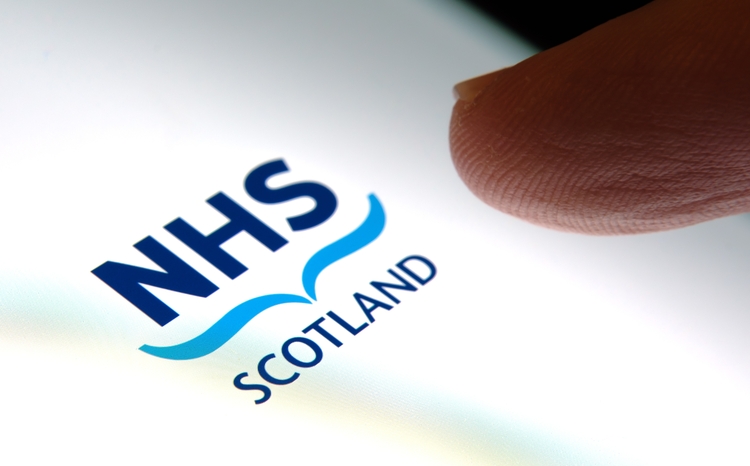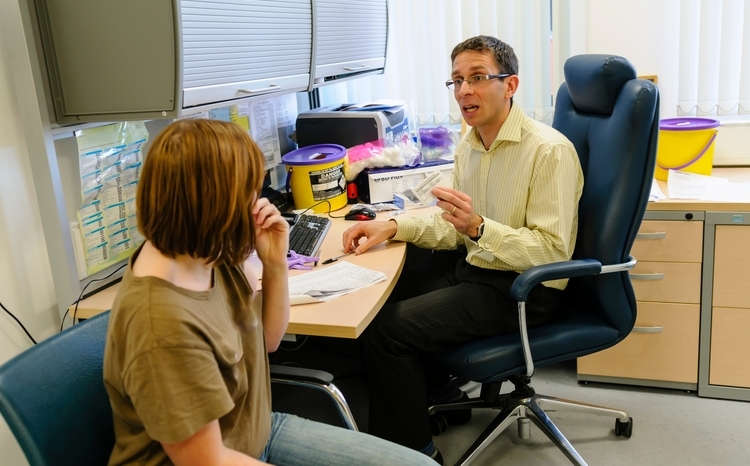CSC to withdraw from primary care
- 17 September 2012

CSC has decided to withdraw its iSoft products from the NHS primary care market, eHealth Insider understands.
EHI has been told by reliable sources that the company, which acquired iSoft in April 2011, is withdrawing support for its GP systems in the UK.
However, a CSC spokesman said CSC “remains fully committed to the primary care market” and that any suggestion otherwise is “speculation."
As of June this year, 582 practices in the UK were using an iSoft product. This included 467 in England, representing 5.6% of the market, 53 in Northern Ireland (15%), none in Scotland and 62 in Wales (13%).
CSC supports customers on its Synergy and Premiere GP systems in England and in Wales supports customers of Ganymede.
The decision to pull these products will not affect its support for the TPP customers it supports in England as part of its local service provider contract for the North, Midlands and East of England.
The company’s website says Synergy is being, “actively developed to meet future GPSoC requirements.”
However, CSC did not bid for the recent framework GP contract awarded in Wales and iSoft did not bid for a similar contract awarded in Scotland.
Both countries instead awarded contracts to INPS and EMIS and all Scottish practices have already moved to one of these systems.
When the Welsh framework agreement was announced, a CSC spokesperson said: “We can confirm that we are not part of the new GP IT Framework Agreement with the NHS Wales Informatics Service for commercial reasons.
"Nevertheless, we will continue to support our primary care customers in Wales, under an existing agreement with NHS Wales which runs to October 2015.”
The iSoft GP software began life as AAH Meditel before it was sold to Torex, then iSoft and on to CSC. Ewan Davis was managing director of AAH Meditel when it was a major player in the GP IT market.
Davis was not surprised to hear that the products are being pulled after watching iSoft lose significant market share.
However, he had not heard it confirmed himself and said CSC was saying “quite the opposite” at its user group conference last year.
He said the remaining iSoft users like the product and are a loyal group. He believed GPs would not want the disruption of having to move to a new system, particularly when the new system is not markedly better, or may be worse, than what they have.
“The cost of change is very significant, particularly for those practices that are heavy users of the system,” he added.
“There will be reluctance; people will be disappointed to have this support withdrawn.”
Davis said CSC may have ambitions to transition customers on to TPP’s SystmOne. However, he believed many GPs may be angry with CSC for backing out of the market and predicted that EMIS and INPS will be the major beneficiaries of the move.
Joint chairman of the BMA and RCGP’s joint IT committee and iSoft user Dr Paul Cundy said that if the news is true, it is a “great disappointment."
“Both as a user of Synergy and also for the GP market in general,” he added. “There are fewer suppliers in the market and because, in my personal opinion, Synergy has been the leading system for many years.
“For the practices it will mean a massive upheaval and obviously for the remaining suppliers there are over 400 potential new customers.
“I would love to keep Synergy going; it’s an extremely competent system and makes it very easy to deliver high quality care to patients with complex problems.”
A Department of Health spokesperson said CSC is contracted to provide its iSoft products under the GP Systems of Choice framework.
"If CSC or any other supplier seeks to withdraw a product, the Department would work with GP professional bodies, the system user groups and the supplier to agree timescales and ensure the withdrawal is carefully managed.”




